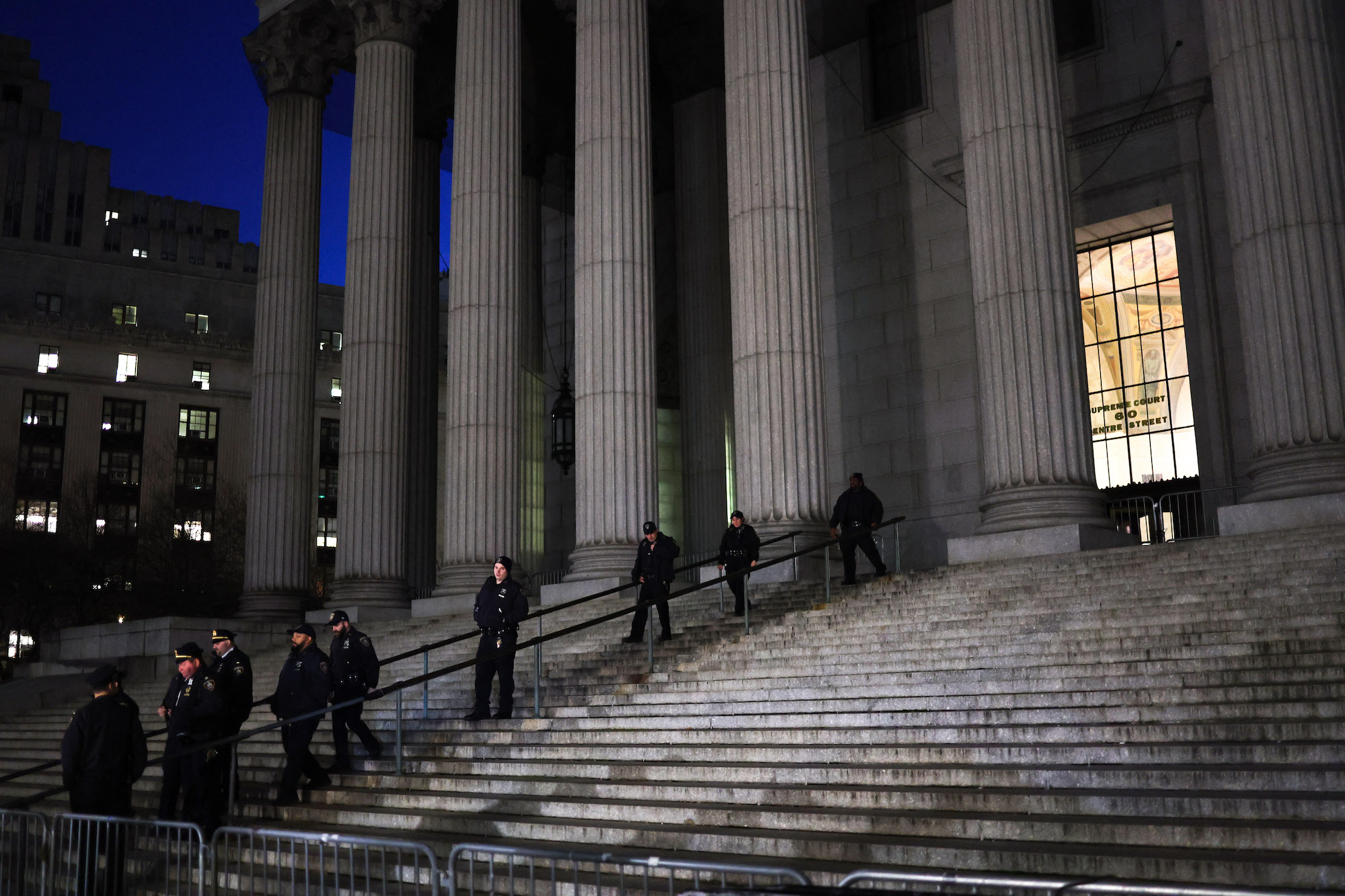CNN
Hunter Biden – the president’s son who is a central figure in Republicans’ efforts to impeach Joe Biden – will appear in court Thursday on federal charges he faces in California for allegedly failing to pay more than a million dollars in taxes.
Hunter Biden has been charged with nine counts related to a tax-avoidance conspiracy that prosecutors say he implemented over several years while enjoying a lavish, and at times salacious, lifestyle. He has yet to enter a plea on the charges, but Hunter Biden’s attorney has argued that they amount to nothing more than a political hit job.
Republicans have focused on the president’s son and his overseas business dealings with Ukrainian and Chinese companies, accusing Joe Biden himself of financially benefitting from Hunter Biden’s dealings; claims that are yet unproven.
The charges against Hunter Biden stem from a yearslong investigation by David Weiss, the US attorney for Delaware, who was appointed as special counsel by Attorney General Merrick Garland in August.
‘Everything but his taxes’
According to the indictment filed in California, where Hunter Biden lives, the president’s son “engaged in a four-year scheme to not pay at least $1.4 million in self-assessed federal taxes he owed for tax years 2016 through 2019.”
“(T)he Defendant spent this money on drugs, escorts and girlfriends, luxury hotels and rental properties, exotic cars, clothing, and other items of a personal nature, in short, everything but his taxes,” the indictment states.
Prosecutors say Hunter Biden falsely claimed some of these expenses, including payments to escorts, as deductions on his taxes. He has since paid the IRS back what he owes in taxes and penalties.
In his 2021 autobiography, cited in the indictment, Hunter Biden detailed his struggle with addiction, including with crack cocaine – a period that overlaps with some of the timeframe covered in the indictment.
The Justice Department has previously said that if convicted on the tax charges, Hunter could face a maximum of 17 years in prison.
The deal that fell apart
In July, the stage was set for the president’s son to enter into an agreement with prosecutors on two federal tax charges that would also resolve a felony gun charge.
But that deal, which could have put an end to Hunter Biden’s current legal troubles, quickly fell apart during a hearing in Delaware.
During the hearing, the federal judge presiding pressed prosecutors and defense attorneys on the deal itself as well as each party’s understanding of the extent of the deal and what, if any, potential future prosecution it protected Hunter Biden from.
While prosecutors told the judge the deal did not limit them from bringing future charges against the president’s son under foreign lobbying laws, Hunter Biden’s attorneys disagreed.
“As far as I’m concerned, the plea agreement is null and void,“ Hunter Biden’s attorney Christopher Clark told the judge after the fundamental disagreement over the extent of the deal came to light.
Despite Clark’s attempts to salvage the deal later during the hearing, the judge declined to accept a revised agreement, questioning the constitutionality of the deal they had struck with prosecutors that would resolve a felony gun charge.
Two months after the collapsed deal, Hunter Biden was indicted on three gun charges in Delaware over his alleged purchase of a firearm several years ago while using illegal drugs.
Hunter Biden’s attorneys have moved to dismiss the gun charges and have maintained the original deal with prosecutors remains valid.


